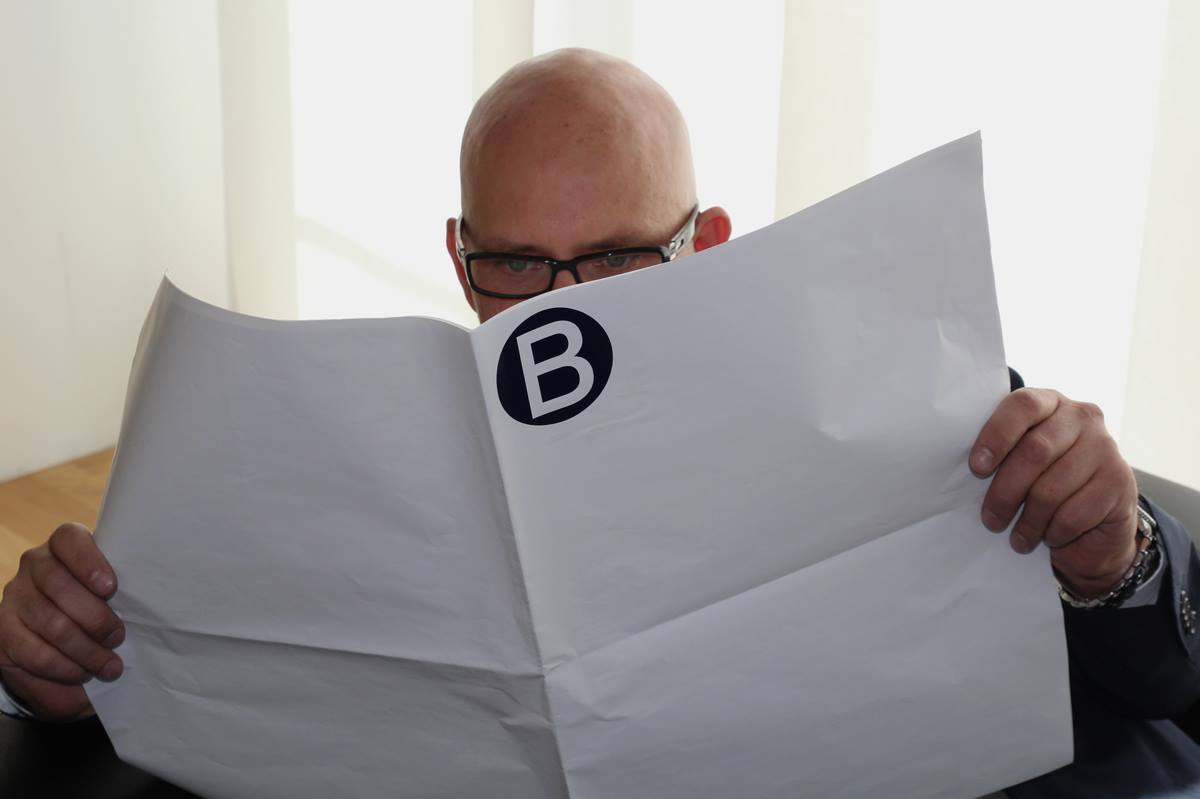Sich im Beruf klar und präzise auszudrücken, ist notwendig. Doch manchmal ist es auch hilfreich, die Dinge etwas nebulöser zu formulieren. Wie man den Sprung zwischen unbestimmter und bestimmter Sprache schafft, zeigt Ihnen der Banking Club in Zusammenarbeit mit Business Spotlight.
For example, in giving information to a customer, a supplier uses the vague expression “or something”: Look at the following examples from a conversation between two colleagues. They are talking about how often they should do a certain task, and Ralph makes the following suggestions:
(1) Ralph: So I can check them… let’s say weekly, or something like that. Ralph is quite vague here. He does not say exactly when he will do the task, and uses the vague expressions “let’s say” and “or something like that”. Later on in the same conversation, he is much more precise:
(2) Ralph: Well then, we’ll check them tomorrow. That’s what I’m saying. Ralph emphasizes his suggestion with “That’s what I’m saying”.
Using precise language:
People often use vague language at work. However, there are some situations in which it is important to be precise:
a) When you need to clarify something, for example in the case of a misunderstanding: “Yeah, I understand that. What I mean is…”
b) At the beginning of a conversation.
Here are some examples from real workplace conversations, in which the speakers announce what the conversation will be about by using words such as “tell”, “question” and “suggestion”: “I just wanted to tell you about my conversation with Tony.” “I have a quick question for you.” “I’ve got a suggestion, by the way, for this.”
c) When you are arguing.
People who are arguing often use more explicit language. When Ralph repeats his suggestion in (2), he is trying to convince the other person of his point of view. In the next example, from a conversation in a printer’s office, two colleagues are arguing about a problem they are having with a customer:
Val: She’s saying that, as far as she was concerned, all of the artwork sizes have been changed slightly.
Sid: No, I’m sorry, I don’t accept that. If you give somebody an order, you give them an order with he sizes on it.
Val tries to explain the customer’s point of view, but Sid rejects it by saying, “I don’t accept that.” Normally, such a direct manner seems rude. The example below, from a management meeting, is more neutral:
Amy: We need to have a signed agreement before we give him anything.
Chris: Yeah, but I mean, that could be done by fax. Instead of saying “I disagree” directly, Chris is more vague, saying, “Yeah, but I mean…”
Instead of saying “I disagree” directly, Chris is more vague, saying, “Yeah, but I mean…”
Using vague language
“Of course we can label it for you if you want: ‘Swan’ or something.”
The expression “or something” is a vague tag, because it is added to the end of a piece of information.
Other vague tags are:
“or something like that”
“or anything (like that)”
“and things (like that)”
“and everything”
“and stuff (like that)”
Besides vague tags, people also use:
Vague nouns: thing(s), stuff
“I gave him the things he needed.”
Vague words for amounts/times about, around
“We will need about five months.”
People use vague language for different reasons:
a) Because they are uncertain
Here, Robert uses the vague tag “or something” to check some information he is not sure about:
Robert: The stuff won’t be back until next week, or something?
Tom: Right. Not until Wednesday or Thursday, earliest.
b) Because precision is not necessary
If people have spoken about a subject before, they can use a vague word, because they know what it refers to. Here, colleagues use “things” and “thing”:
Chris: Did it also include, by the way, those things that we talked about?
Mike: Yeah, the monthly thing.
c) Because it seems more polite
Here, Jim, a paper supplier, is talking to his customer. It could be considered impolite of him to show too much interest in his customer’s business with a competitor. By using the vague tag “and things”, he makes his question more indirect and more polite:
Jim: I heard you did a deal with HPC, didn’t you, to take a lot of paper in, and things?
d) Because it is less formal
People use vague expressions to create a friendly, informal atmosphere. Here, Jim uses the informal expressions “you know” and “the odd bits and pieces”.
Jim: So we take all the funny sizes… and all the, you know, the odd bits and pieces.
© Business Spotlight
www.business-spotlight.de




